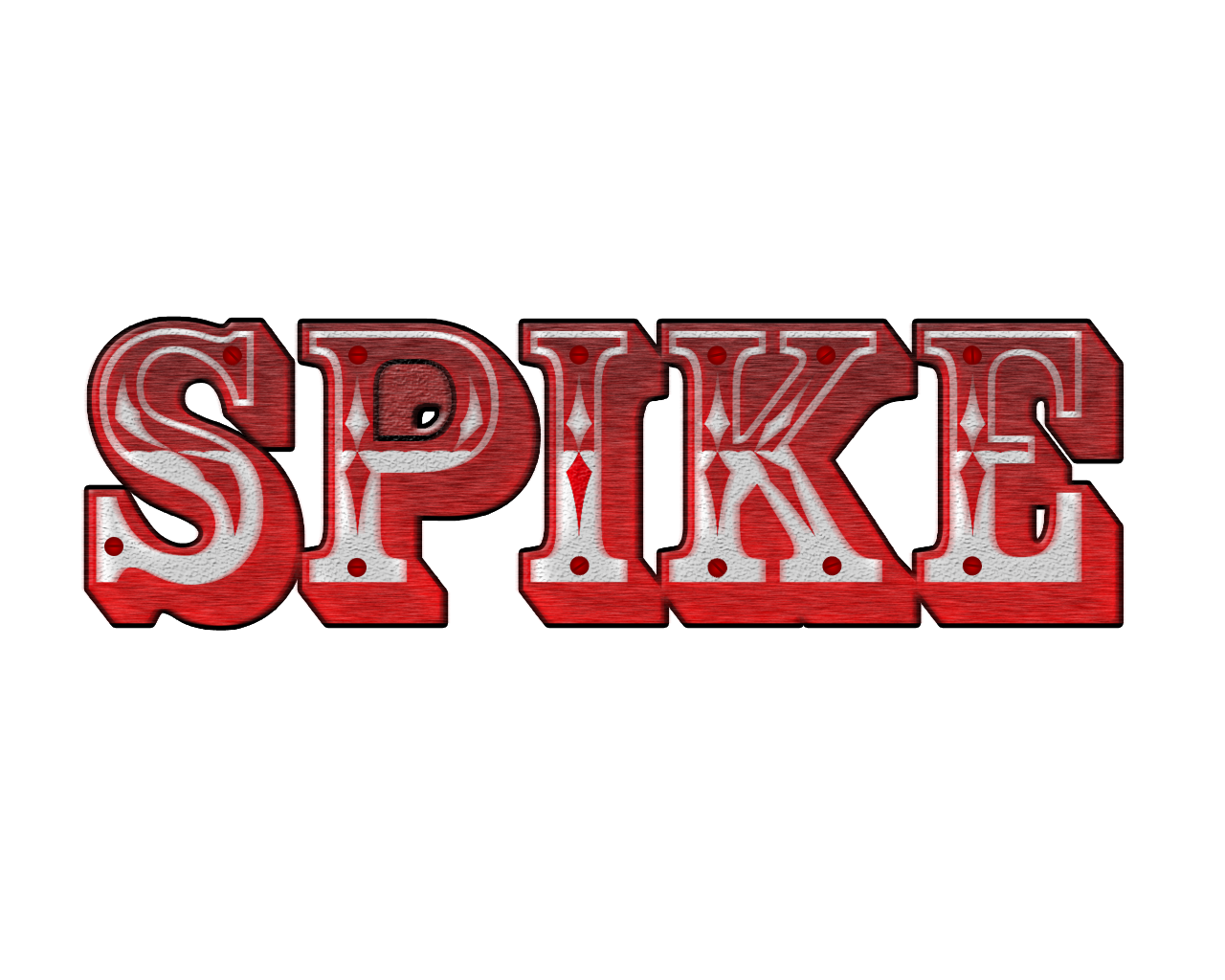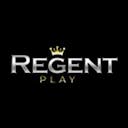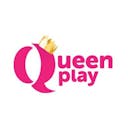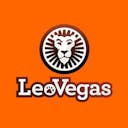OLG and Bingo Halls Becoming Casinos

OLG is the Ontario government agency in charge of operating gaming facilities, Lottery, Bingo and PlayOLG Internet games, in Charitable Gaming Centres.
Since 1975, OLG has been working to instill the idea of responsible gaming in the population, promoting the welfare of players, as well as community projects with the revenue raised through the charitable gaming program.
But recently the mayor of Fort Erie - Wayne Redekop - shared some concerns about OLG's modus operandi over the past decade.
In fact, the mayor showed concerns dating back to 2012, when more than 200 jobs were lost in the border city on the southern edge of Niagara, due to changes imposed on the slot-at-racetracks program.
However, it would appear that shortly after the closure of the casino gaming site at the Fort Erie racetrack, the slot machines nevertheless returned to Fort Erie.
The machines would be placed in two Bingo halls in Fort Erie, Niagara Falls, Welland, and St. Catharines, operated and controlled by Delta Gaming.
Delta Gaming promotes "Vegas-style" slot machines on its site.
Recently, Toronto Star conducted an investigation into the machines at Bingo halls in Ontario. Under an OLG-led program, 37 halls were allegedly being modernized.
But the reality of what transpired, is that dozens of locations scattered across the province have quietly become de facto casinos. In fact, some halls contain more than 100 betting machines operating much like classic slot machines or online slots that can be found in some bookmakers.
In other words, from Toronto Star investigation into the OLG's program to modernize 37 Ontario Bingo halls by including new technology, emerge that they have effectively introduced 2,900 gaming machines in the stand-up-cabinet style, i.e., the slot machine style.
Too bad that provincial law prohibits slot machines in these halls.
What's more, these machines would not be harmless. Since experts report that they could actually be riskier for problem gamblers than classic booths, as their gameplay is even faster and players could potentially lose money even faster.
Another relevant issue is the risk of social and financial harm to people who use these new machines. As they are among the most addictive forms of casino gaming that engage the gambler to spend money more quickly.
Community projects with gaming proceeds
The Star's report highlighted that the charitable gaming program served to reinvigorate the previously sharply declining Bingo business.
However, these machines were not supposed to be included in the project, but since then, these venues have instead installed hundreds of electronic betting machines.
Mayor Redekop said that in small communities like his, a portion of the funds from these electronic machines should go back to the municipality to support useful community projects such as repairing roads and sewers, giving financial support to the racetrack, or generating new jobs.
But while in the past the revenue from gaming halls was divided with 25% to local charities; 25% to OLG; 47% to hall operators and 3% to host municipalities, currently these modernized halls have not given money to the province.
However, it should be noted that prior to the pandemic, OLG donated about $50 million per year to charities, and in fiscal year 2019-20, this amount allocated to charities increased by $7 million from the previous fiscal year.
Currently, OLG's charitable gaming (cGaming) program acts in support of charity and has invested more than $345 million since it was launched in 2005. It is currently funding 2,200 charities across the province of Ontario.
In addition, OLG works with the Ontario Charitable Gaming Association (OCGA) and the Commercial Gaming Association of Ontario, with the approval of the Ontario government.
At this time, there is an ongoing dialogue that includes all host municipalities carried out through regular annual briefings (the last of was held in May 2022) with OCGA-led municipal staff and OLG involvement.









